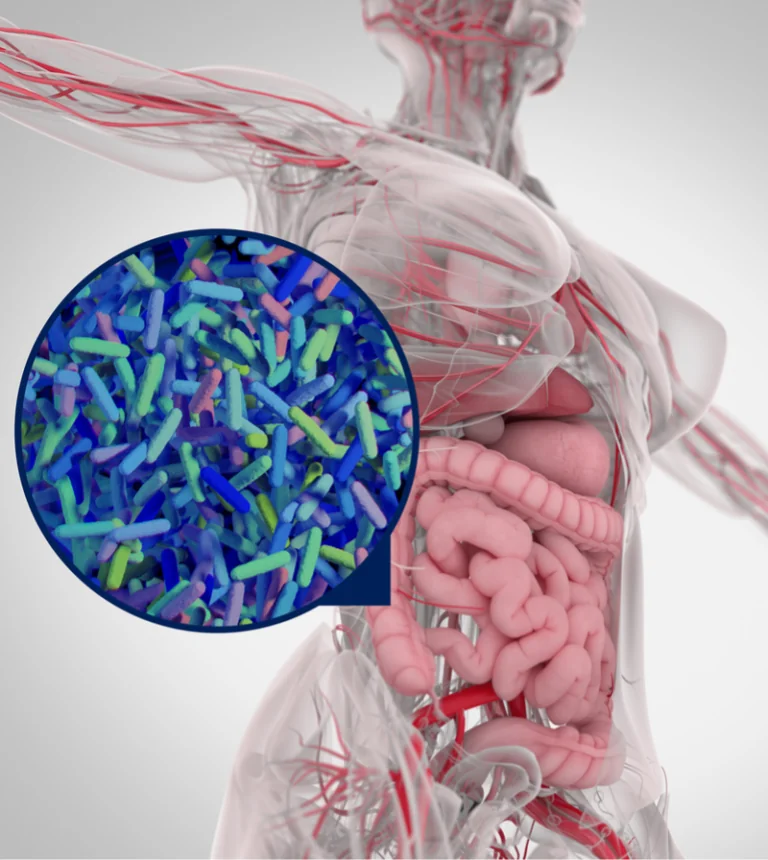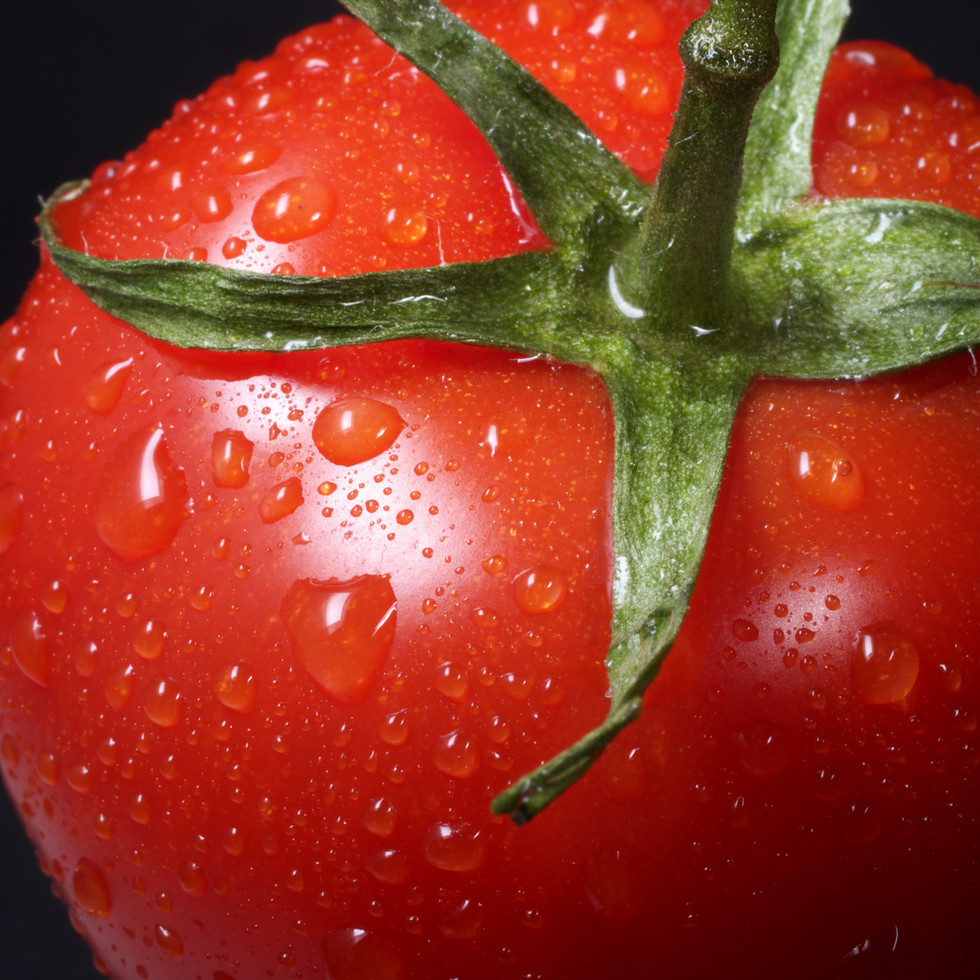The Marvels of the Microbiome
- Sue Ashford

- Feb 21, 2024
- 4 min read
Hands up how many of you know a lot, if anything about the microbiome. If like me, all you knew was something about so called 'friendly bacteria' in our gut then prepare to be amazed about this incredibly complex ecosystem of microorganisms, fungi and other microbes inside us that critically impact on our health and wellbeing.
Our knowledge of the microbiome is still relatively small
In contrast to microbiology which has shown us how pathogens cause infectious diseases microbiome science is now teaching us how communities of different microbes work together to cause disease or maintain our good health. In fact research is strongly indicating that many of our adult health challenges including mental health disorders, inflammation and immune functions, diabetes, heart disease amongst others are likely to have been caused by intrauterine stress https://pubmed.ncbi.nlm.nih.gov/22655178/
There is now a growing consensus, supported by Dr Gabor Matè, renowned addiction expert and physician, that development origins of adult disease begin in the womb. In his extraordinary book The Myth of Normal, trauma illness & health in a toxic culture, Dr Matè discusses how high stress levels for a mother during gestation not only negatively influence the genetic functioning of her child impairing lifelong stress-response capacities, but also has a correlation to poor gut microbial flora in the . This can cause higher problems of intestinal disorders and allergies in the infant.
child
During birth, and in the weeks after a new baby is colonised by microbes numbering between 10 and 100 trillion! These come mainly from the vaginal flora and are called the pioneer species. The importance of this is illustrated by a Danish research study of 2 million children evidencing that those born by caesarean delivery had a significantly higher risk of asthma, juvenile arthritis, inflammatory bowel disease, immune deficiencies and leukemia - amongst other diseases.
During the first few months the infant's immune system is shaped in a complex process.
The child who is breastfed receives their microbiome and specific antibodies from their mother. This favours the development of useful bacteria. As the child grows hundreds of different species gather to form the microbiome, one of the body's largest immune organs. In providing them with a warm, wet nutritious home, they in turn form biofilms that limit the ability of harm - for them and us - against harmful bugs intent of invading us.
Our bodies have 20,000 human genes but millions of bacterial genes.
The largest amount are found at the end of the small intestine in the gut - where you digest your food - and in the large intestine, the colon, where fibre is fermented and water absorbed. Our colons have the highest density of bacteria than any other environment on earth - between 500 to 1000 species of bacteria exist in and on each of us. Individually, we have a unique set of species which change as we age. It is essential to good health that we look after this community and this means eating a good diet.
The importance of nutrition is paramount throughout our lives but particularly as we get older. The physiological and social changes of age have a major impact on the intestine.
As we lose teeth and can't chew so well our stomachs thin increasing our risk of infection. the gut hormones become less active and chronic intestine diseases can develop. These, as well as factors such as reduced mobility and social isolation all change the microbiome. Research has not yet determined if it is the changes to the microbiome that age us or ageing that changes the microbiome. The longer we live our immune systems ability to fight off a pathogen or repair an injury lessens.
As we get older we are more likely to develop neurodegenerative diseases like Alzheimer's and Parkinson's disease. It has been found that people with Alzheimer's have a different gut microbiome from people of the same age and gender who do not. The microbiome also plays an important part in causing devastating neurodegenerative disease in young people. Research on mice has shown that an essential vitamin found in eggs, fish, poultry and nuts, if given as a supplement can greatly improve their motor functions. Indications are giving real hope that prevention of decline of our cognitive and motor functions may be possible by optimising the gut microbiome and treatments may be possible for these diseases.
What we should eat to optimise our gut microbiome is not as straightforward as a simple list of foods. Your diet and your microbiome depends on what you eat, how you eat it, how much you eat, where it comes from and more variables. Our diet is now global and this is not always good news. We are eating more now than in any time in history with an average meal four times the size of a typical 1950's meal. The COVID -19 pandemic increased the global food delivery market and the typical Western diet is now high fat, high sugar with lots of fructose impacting on our structure and function of the gut microbiome.
Microbiome science is exciting and increasingly evidenced based to show us that we must adopt sustainable cooking that specifically targets the microbiome. Both our environment and our gut need a sustainable plant based diet emphasising the consumption of fruit, vegetables, nuts, seeds, oils legumes, and beans with moderate amounts of seafood, meat, dairy and wine. Good for us, good for the planet - feed it well.










Comments